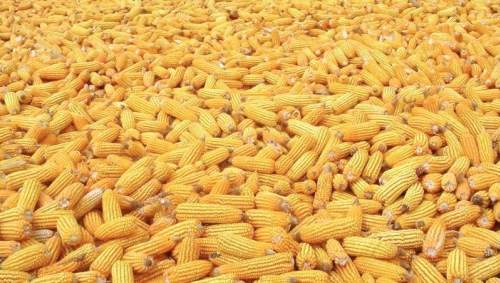The food-versus-fuel debate has typically been used in reference to farmers in industrialized countries growing food crops, such as corn, to sell to biofuels producers.
However, there is another side to the debate. The International Institute for Environment and Development (IIED), a non-profit research institute based in London, is raising concerns that rising global demand for biomass fuels could lead to a race for land acquisition in the developing world, with serious implications for communities that grow their own food.

As countries in the global north increase their use of biomass to reduce reliance on fossil fuels and meet ambitious renewable energy targets, the demand for wood and other biomass crops could exceed supply by up to 600% in some countries.
Some countries, including Italy, Japan, the Netherlands, Sweden and the United Kingdom already import increasing volumes of wood pellets.
According to the IIED, this trend, combined with the tropics’ high growth rates, cheap land and low costs of labor and the rising price of fossil fuels, could lead more countries to look toward Africa, South America and South Asia as sources of biomass fuels.

There is evidence that this is already happening. For example, in 2010, a US company secured a 49-year lease on 5,000 hectares of land in Ghana for a plantation to produce feedstock for biomass power plants.
The same company also operates in Guyana, and intends to establish energy crop plantations in Madagascar, Mozambique and Tanzania.
Governments hope that this increased private investment will lead to job creation and further action toward mitigating climate change. But, in many parts of the developing world, poor people have weak or non-existent land rights.
If governments choose to lease large areas of land for fuel wood plantations, the IIED warns that many rural communities could lose access to land which they have farmed for generations, and on which their survival depends. The entire policy brief can be found here.






